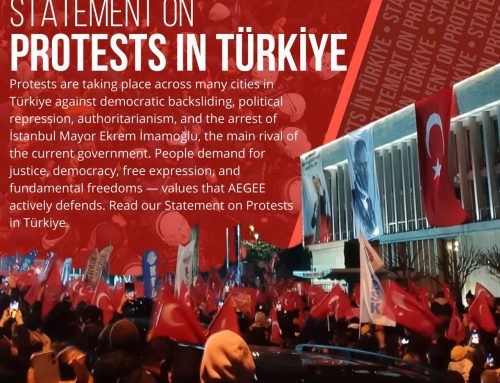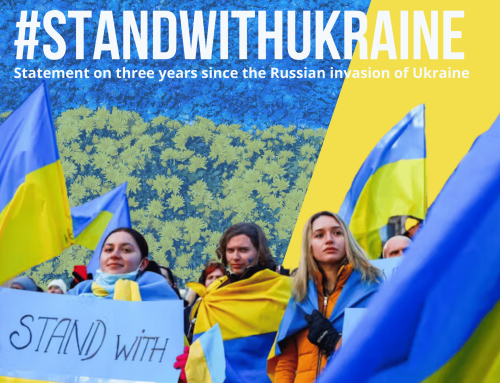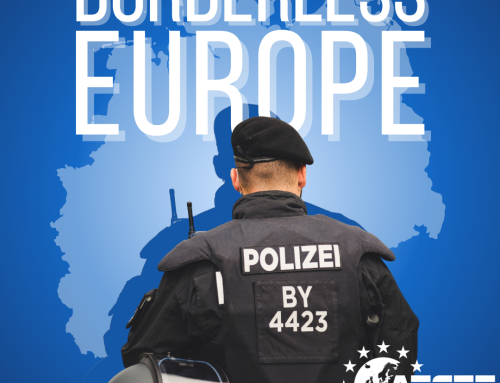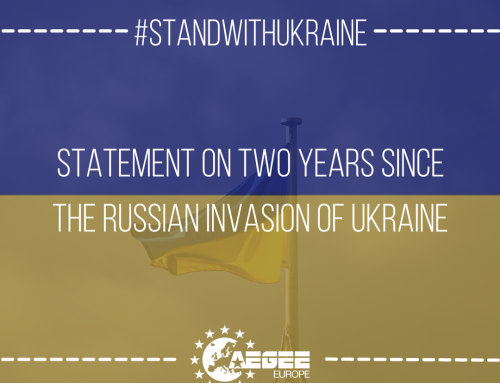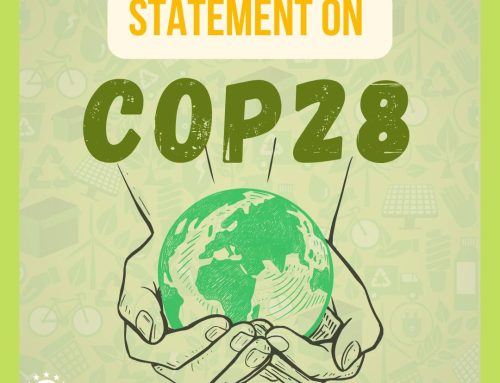It is June, which for many people means Pride month, a month full of celebration, festivities and activities to remember the achievements of LGBTQI+ community. But Pride hasn’t always been a celebration. It started as a protest. A protest by black queer people.
This year, it seems, things are going back to its roots. Not only have a lot of Pride events been cancelled due to the Covid-19 pandemic, but the black community has once again taken to the streets to protest.
This year’s protest started as an outcry against police brutality against black and people of color in the United States. But the protests are about more than that. The non-prosecution of white police officers is only one symptom of many, all stemming from an institutionalized and deeply integrated racism not only in the USA but all around the world. Racism has not ended with the abolishment of the Apartheid in South Africa or the Civil Rights movement in the USA. Legalised racism might have decreased in theory, but in its place a more subtle and covered form of racism took shape. While this form of less obvious racism is harder to see, pinpoint and therefore harder to acknowledge, it is still there.
It’s still there in the USA, where black people (as well as other minorities) among other matters have less access to health care and are therefore more likely to die because of treatable illnesses. This has been known and written about for years [1]. Ultimately it is no surprise that recent studies show that Black, Indigenous and People Of Color (BIPOC) are more likely to suffer from Covid-19 as well [2].
But moreover it is still there in Europe, in the countries that have colonized and capitalized black lives for centuries and have not (or scarcely) taken responsibility for it.
It’s still there in the Netherlands where every year a majority of the people celebrate Saint Nicholas with his black sidekick, Zwarte Piet, who looks as if he came from a cartoon about the colonization from the 1920’s.
It’s still there in the Mediterranean countries where BIPOC are drowning daily in the sea on their journey to a ‘safer’ place, as if their lives are not worth saving.
It is still there in Central and East European countries when they antagonise and vilify the migrants, attack and threaten or refuse them the right to stay and seek asylum.
It’s still there everytime a BIPOC is told to work twice as hard to get to the same place as their white friend; everytime the hashtag #blacklivesmatter is countered by someone saying #alllivesmatter, as if that was ever questioned; everytime a non-white person is asked where they are “really” from; … The list goes on and on.
Racism is not just an attitude, it is not just conscious hate. Racism is a social machine that generates racialized lives. It is so deeply ingrained in our cultures and daily lives we are all too often blind to its presence. It is not enough to be against racism, we need to be actively antiracists in our everyday actions. We need to call out our friends and family members and the strangers on the street. White people need to step aside and leave the space to the people of colour, let them be heard and listen to them. We need to read and educate ourselves on the racial matter to be better allies, and most importantly, we need to do it ourselves and not expect BIPOC to do it for us. We need to speak up with them, stand up to racism with them and be there for them.
AEGEE stands for a democratic, diverse, and borderless Europe. That’s the first sentence of the vision of our organisation. This diversity refers, among others, to all nationalities, genders, sexual orientations, socioeconomic levels and races. We therefore strongly stand side by side with the black community in the ongoing protests of the Black Lives Matter movement. That’s the least we can do when the historical debt can never be paid and the hurt caused by everyday racism can never be taken away.


